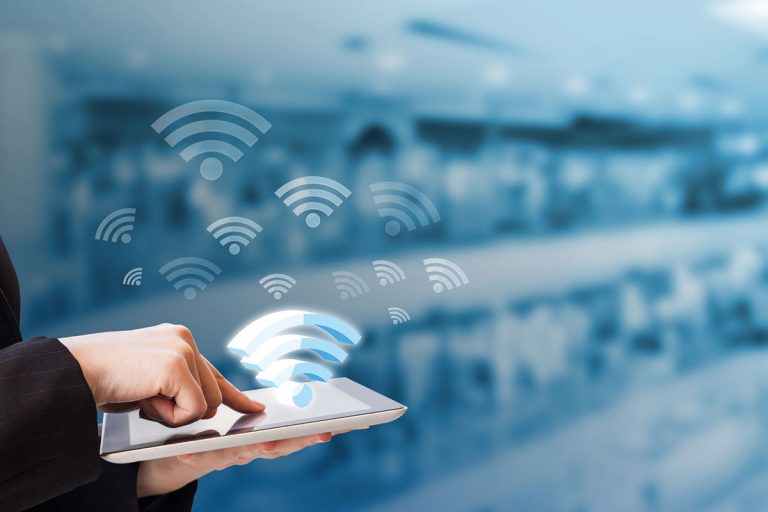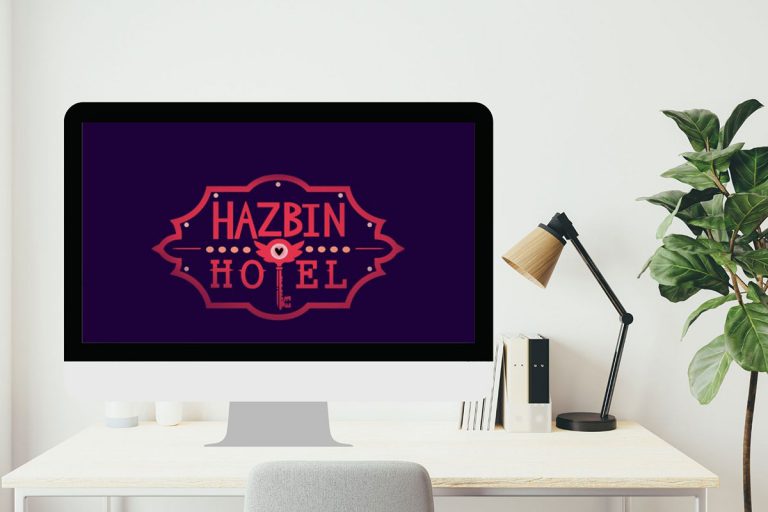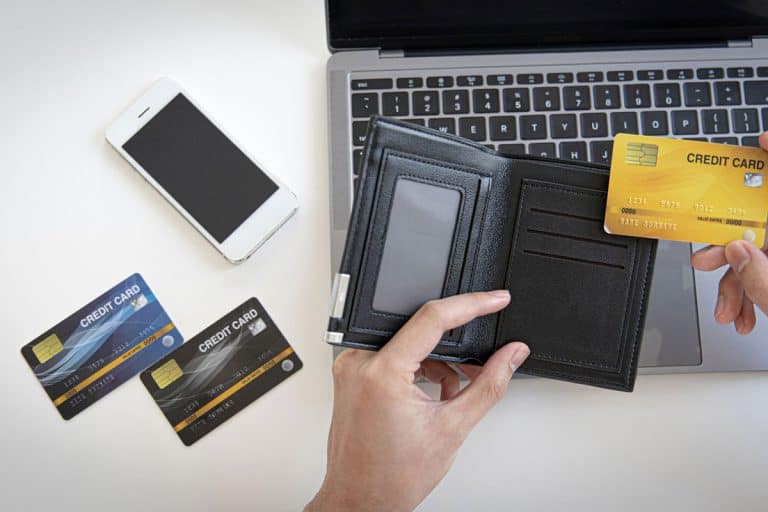Power outages can happen anytime, anywhere – even at hotels. As a hotel guest, you may be wondering what happens behind the scenes when the lights go out.
If you’re short on time, here’s a quick answer to your question: Hotels have emergency backup systems and procedures in place to provide basic services and ensure guest safety and comfort during power outages.
In this comprehensive guide, we’ll cover everything hotels do to prepare for and respond to power outages. We’ll look at backup power systems, services that are impacted, how staff communicates and assists guests, and tips for guests to stay safe and comfortable when the power goes out.
Backup Power Systems at Hotels
Power outages can cause major disruptions in daily life, and hotels are no exception. To ensure the comfort and safety of their guests, hotels have backup power systems in place. These systems are designed to provide electricity during power outages and keep essential services running smoothly.
Let’s take a closer look at some of the backup power systems commonly found in hotels.
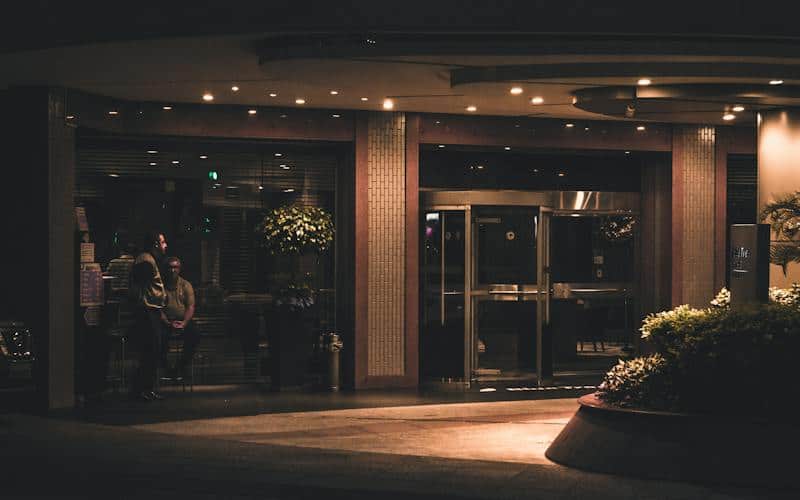
Generators
Generators are the backbone of backup power systems in hotels. These powerful machines provide electricity by converting mechanical energy into electrical energy.
Hotels often have large diesel or natural gas generators that can supply electricity to the entire building during an outage. Generators are typically located in a separate room or outside the building to minimize noise and exhaust fumes.
Uninterruptible Power Supply (UPS) Systems
In addition to generators, hotels also rely on uninterruptible power supply (UPS) systems. UPS systems act as a bridge between the main power source and the backup generator.
These systems provide instant backup power when the main power supply fails, ensuring a seamless transition and preventing any disruption to critical operations.
Emergency Lighting
During a power outage, it is crucial to have adequate lighting in hotels to ensure the safety of guests and staff. Hotels have emergency lighting systems installed throughout the premises, including hallways, staircases, and emergency exits.
These lights are powered by batteries or connected to the UPS systems, ensuring continuous illumination even during a blackout.
Elevators
Imagine being on the 20th floor of a hotel when a power outage occurs. That’s where backup power systems for elevators come into play.
Hotels have emergency power supply units for elevators that allow them to safely bring passengers to the nearest floor and open the doors. These systems are essential for guest safety and ensuring a smooth evacuation process if needed.
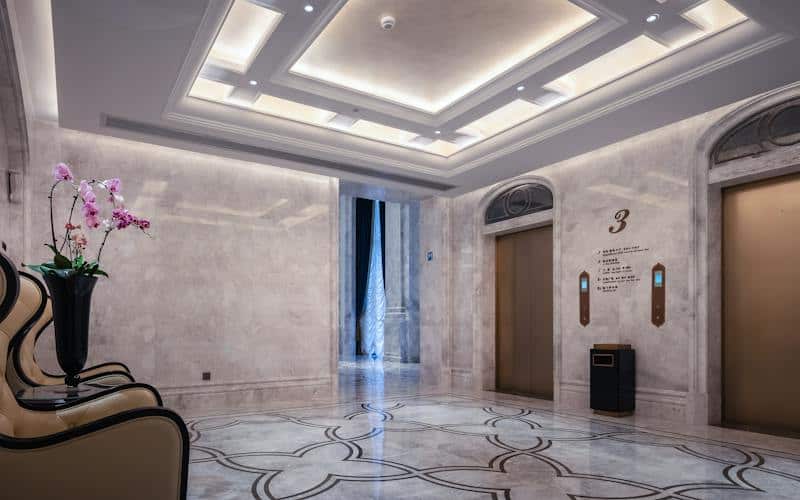
Fire Protection Systems
Fire protection systems are critical in hotels, and they must remain operational during power outages. Backup power systems ensure that fire alarms, sprinkler systems, and smoke exhaust fans continue to function even when the main power supply is disrupted.
This is crucial for the safety of guests and staff, as any delay or failure in fire protection systems can have disastrous consequences.
Hotel Services Impacted by Power Outages
Power outages can be a major inconvenience for both guests and hotel staff. When the lights go out, hotels must adapt quickly to ensure the comfort and safety of their guests. Several key services are affected during power outages, including:
Heating and Air Conditioning
Without electricity, hotels may lose the ability to control the temperature in guest rooms. This can be particularly problematic during extreme weather conditions.
While some hotels have backup generators to power their HVAC systems, others may rely on alternative methods such as portable heaters or fans.
However, these temporary solutions may not provide the same level of comfort as the regular heating and air conditioning systems.
Hot Water
Power outages can disrupt the supply of hot water in hotels. Without electricity, water heaters may not function properly, leaving guests with cold showers.
Hotels may have contingency plans in place, such as using gas-powered water heaters or providing access to off-site shower facilities. However, these solutions may not be as convenient as having hot water readily available in guest rooms.
Phones and WiFi
During power outages, hotels may experience disruptions to their phone and internet services. This can make it difficult for guests to communicate with the outside world or access important information.
While some hotels may have backup systems in place, others may rely on cellular networks or temporary solutions such as mobile hotspots. However, these alternatives may have limited capacity and slower speeds compared to the hotel’s regular phone and WiFi services.
Kitchen and Restaurant Operations
Power outages can significantly impact the operations of hotel kitchens and restaurants. Without electricity, hotels may struggle to prepare and serve meals to their guests.
Some hotels may have backup generators to power essential kitchen equipment, while others may have to rely on pre-packaged or cold food options. In some cases, hotels may even need to temporarily close their restaurants or offer limited dining options.
Laundry Facilities
Hotel guests rely on clean towels and linens during their stay, but power outages can disrupt the hotel’s laundry facilities. Without electricity, hotels may be unable to wash, dry, and iron their linens effectively. This can lead to a shortage of clean towels and bedding.
Hotels may have to work with external laundry services or find alternative ways to ensure a steady supply of clean linens for their guests.
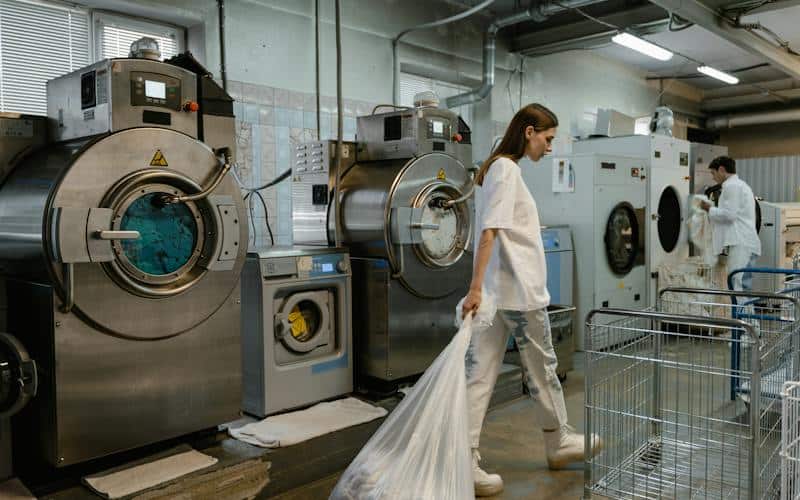
Business Centers
Hotels often provide business centers where guests can access computers, printers, and other office equipment. However, power outages can render these facilities unusable. Without electricity, guests may not be able to complete important work tasks or print necessary documents.
Some hotels may have backup power for their business centers, while others may need to redirect guests to nearby business centers or provide alternative solutions.
Gyms and Pools
Many hotels offer fitness centers and swimming pools for their guests to enjoy. However, during power outages, these amenities may be inaccessible.
Without electricity, gyms may not have functioning exercise equipment, and pools may not have proper filtration and heating systems. Hotels may need to temporarily close these facilities or offer alternative options for guests to stay active and entertained.
Event Spaces
Hotels often host conferences, weddings, and other events in their dedicated event spaces. Power outages can disrupt these events, causing inconvenience for both the hotel and its guests.
Without electricity, event spaces may not have functioning lights, sound systems, or AV equipment. Hotels may need to reschedule or relocate events, or provide alternative solutions to ensure that guests can still enjoy their planned gatherings.
Communication and Assistance for Hotel Guests
Front Desk Updates
During a power outage, hotels understand the importance of keeping their guests informed. The front desk staff takes the initiative to provide regular updates on the situation.
They communicate with guests to let them know the cause of the outage, estimated time of power restoration, and any other relevant information. This helps alleviate any concerns or confusion guests may have, ensuring a smooth and reassuring experience.

In-Room Notifications
In addition to front desk updates, hotels also utilize in-room notifications to keep guests informed. This can be done through various means, such as placing informational cards or letters in each room.
These notifications provide details about the power outage, emergency procedures, and any alternative arrangements available. Hotels may also include contact information for guests to reach out in case of any questions or concerns.
Flashlights and Lanterns
Hotels are well-prepared for power outages and have emergency supplies readily available for their guests.
One of the most essential items provided is flashlights or lanterns. These portable light sources allow guests to navigate their way around the hotel safely.
Hotels ensure that these are placed in visible and easily accessible areas, such as nightstands or near exits, to provide convenience and peace of mind.
Bottled Water and Snacks
Power outages can disrupt the availability of tap water and food services. To address this, hotels often provide bottled water and snacks to their guests during such situations.
These supplies are typically distributed at designated areas, such as the lobby or common areas. By offering these provisions, hotels aim to ensure that guests have access to basic necessities and can stay comfortable until the power is restored.
Relocation to Operational Areas of Hotel
In cases where power outages are expected to last for an extended period, hotels may consider relocating guests to areas that have power. This could involve moving guests to operational floors or sections of the hotel where electricity is available.
This proactive approach allows guests to continue their stay with minimal disruption and ensures that essential services, such as elevators and air conditioning, remain accessible.
Tips for Hotel Guests During Power Outages
Power outages can be disruptive, but hotels are prepared to ensure their guests’ safety and comfort. Here are some tips for hotel guests to navigate through power outages:
Use Phones and Devices Sparingly
During a power outage, it’s important to conserve battery power on your electronic devices. Use your phone and other devices sparingly to avoid draining the battery. If you need to make a call or send a message, keep them short and to the point. It’s also a good idea to have a portable charger or power bank with you in case you need to recharge your devices.
Keep Drapes Closed
When the power goes out, it’s natural for guests to feel concerned about their privacy. To maintain your privacy and security, keep the drapes in your hotel room closed during a power outage. This will prevent passersby from seeing into your room and provide a sense of comfort.
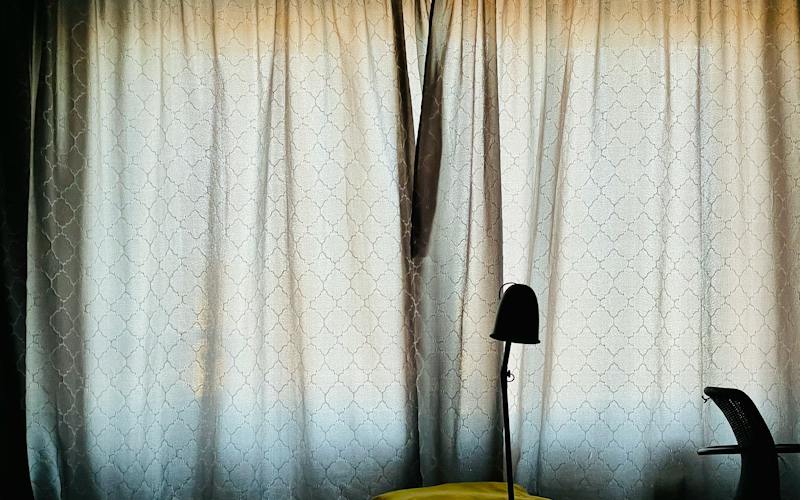
Dress Comfortably
Without power, the air conditioning or heating systems in the hotel may not be functioning. Dressing comfortably with appropriate clothing can help you stay warm or cool, depending on the weather. Layering your clothing is a great idea, as it allows you to adjust your comfort level as needed.
Bring Your Own Light Source
When the lights go out, having a personal light source can make a big difference. It’s always a good idea to pack a small flashlight or headlamp in your luggage. This will come in handy during power outages, allowing you to navigate your way around the hotel room or hallway safely.
Avoid Elevators
During a power outage, it’s best to avoid using elevators. Elevators may not be operational during power interruptions, and it’s safer to use the stairs instead. If you have mobility issues or heavy luggage, contact the hotel staff for assistance in finding an alternative solution.
Be Cautious Around Candles
While candles may seem like an obvious choice for lighting during a power outage, they can also be a fire hazard if not used properly. If you choose to use candles, place them in secure holders and keep them away from flammable objects. Never leave them unattended and extinguish them before leaving the room or going to sleep.
Remember, hotels have emergency protocols in place to ensure the safety and well-being of their guests during power outages. If you have any concerns or need assistance, don’t hesitate to reach out to the hotel staff. They are trained to handle these situations and will be happy to help you.
Conclusion
Power outages can be an inconvenience, but hotels work hard to maintain basic services and keep guests safe and comfortable. With backup generators, emergency systems, and trained staff, hotels can handle outages smoothly.
As a hotel guest, you can stay relaxed by following tips like conserving your device battery, dressing for the temperature, and avoiding elevator use.
By understanding what hotels do behind the scenes, you can make the best of your stay, even in the dark.

